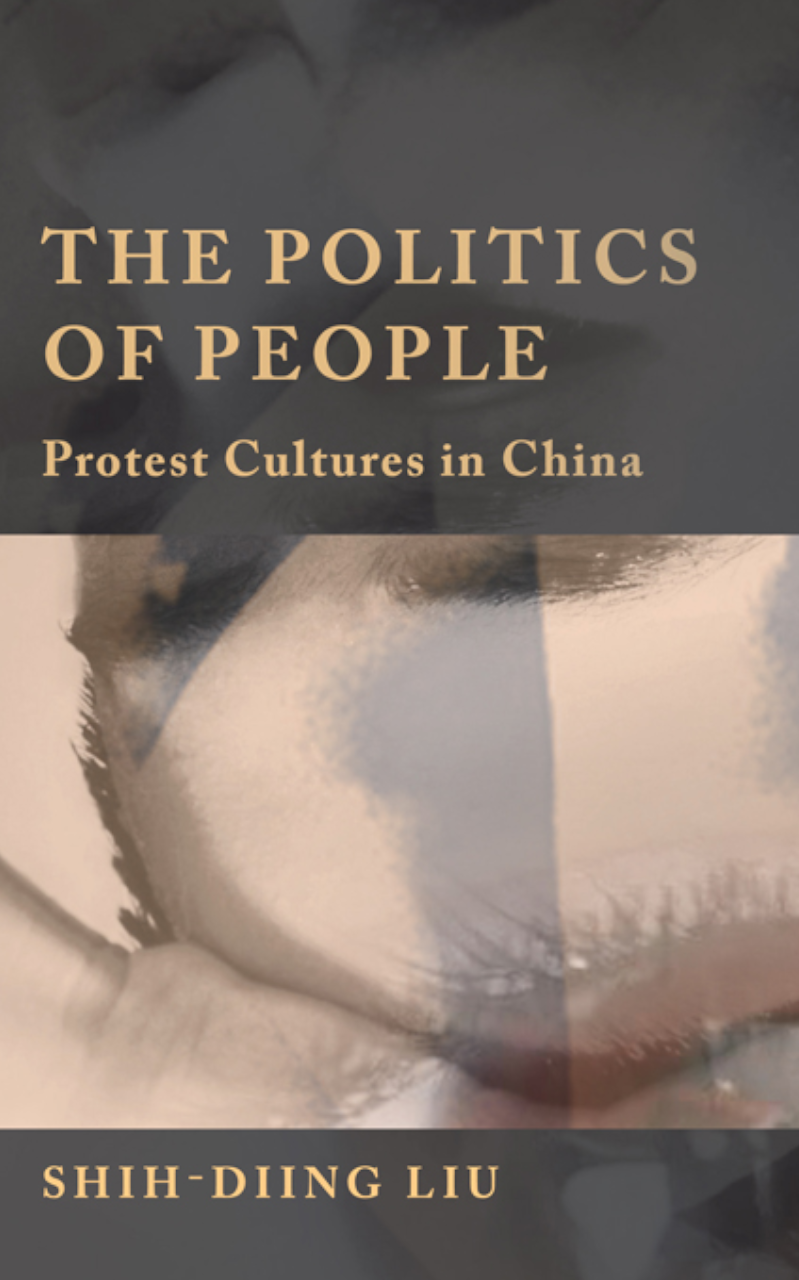 |  |  |
|---|---|---|
| Red China Today | Modern History of Hong Kong | The Politics of People |
Where to start?
China is a peculiar topic of study for any European: swaths of land and myriads of people, locked onto itself and secluded from outside world. Rare nations that over history got to connect with China (like Mongols, who occupied the Northern Realm, overthrew the emperor and established their own dynasty), gradually turned Chinese themselves instead of opening China to the world. Its grandeur is well remembered by neighbor states even in modernity: Japanese nationalism during the first half of 20th century was rooted in idea of building grand Japanese empire, such so it could rival Chinese empire of old in terms of sheer size and influence over Asia. A single but very much telling thing can be said about Chinese influence, is that the unique, syllable-based Chinese alphabet was used historically for writing in Korea and Japan. Those less strong of heart, who shy away from immersing themselves into a maze of "Game of Thrones"-like historical twists and turns of the Warring States Period, might start their exploration of China in reverse, going into the deeper past starting with the recent history. I did that exactly, especially because past storms of 20th century hold a tight grasp on my imagination. On my inquiry I was quick to find that these storms haven't had any mercy for China, same as they had none for Europe. The findings absorbed from three texts, which are showcased on the top of the page, are intermixed with first-hand impressions of travel in Hong-Kong in early 2024 and flavored by two semesters of studying Mandarin in recent past. A hint to the conclusion that will emerge near the end of this page is that these bittersweet experiences are completely insufficient to grasp, understand or learn a culture so multifaceted. Yet, despite of stated limitations, we shall arrive at something of substance.
Pre-Revolution
Bypassing centuries of rises and falls of dynasties, joy and suffering beyond number, both "Brief History of Hong Kong" and "Red China" start us at the end of 19th century, few decades after Opium wars, amidst a "century of national humiliation", just on a brink of Sun Yat-sen uprisings. The story consists of several currents clashing: Qing empire growing weaker, Japan pressuring from North, growing financial significance of Hong Kong and an influx of migrants from the Mainland there. On the verge of 20th century China is predominantly rural, with most of its populace being illiterate and having very low standard of living, being employed in agriculture, as tenants to local gentry, farming in primitive and extensive methods, so that the crop output is heavily dependant on fluctuations in weather conditions. Sun Yat-sen won general support with appeals to nationalist feeling and to fairness, expressed in reference to Buddhist canon. These uprisings have lead to undoing of Qing empire, and to creation of a new republic with Chiang Kai-shek at its helm. New government relied on local gentry and warlords for support, doing little to improve conditions for the poorest strata of peasants and laborers. Communists come to oppose this regime, increasingly so via military means. World War II came to China from many angles; Japan occupied Manchuria, where Kuomintang have struggled against it with Soviet help; Hong Kong was among British colonies which managed to withstand the Japanese attack for longer (two weeks), but eventually Japan army has taken Hong Kong, introduced the martial law, with remaining British corps ending up in the POW camps.
PRC Created
Tides have turned by the end of the war: Communists and Kuomintang Nationalists, struggling side by side against the Japanese occupation, in absence of a common enemy have found their differences irreconcilable, and the civil war for ultimate power has erupted between the recent allies. Hong Kong, where Europeans and locals alike have survived atrocities of Japanese occupation, began a change towards less racist, less separated society. Ethic Chinese in greater numbers have received access to education and to employment in public administration in Hong Kong. Post-war period there was a time of the economic boom. Guerilla-like tactics of Communist military leadership have won them an unlikely victory against Nationalists, whose forces evacuated to Taiwan in an aftermath. This victory happened contrary to the lessons of Russian Revolution, and in spite of suggestions by Soviets: Chinese Communists had little popular support in cities, and had no means to occupy them and defend sieges. This revolution depended on support by peasants, with Communist armies disappearing to regroup in the most rural and remote areas of China. Long March campaign almost seems too epic to be real history: an army has to go to the desolate desert for a year, to emerge victorious from the other side. Yet this all have resulted in a new Communist country, which gained its sovereignty without reliance on foreign arms, and the only one to do so, after USSR.
During SAR
By 1970 it was understood by British that new united China will not stand for treaties, signed by late Qing and that retaining Hong Kong as a Crown Colony is an impossibility. Thus the transition process began. It is interesting, how Mainland China and Hong Kong are different, and complimentary. Hong Kong is radically capitalist, while China is socialist. Hong Kong absorbed into its core many European values: freedom of expression, reverence to the rule of law, demand for universal political representation. Mainland China is a very different system, based in the "dictatorship of proletariat". Hong Kong has served as a "pressure release" valve for China: political contenders could go into exile, or disappear to the underground in Hong Kong. Chinese right and left both have relied on this option at times, which tended to limit the violence of political struggle. Radical brand of Hong Kong capitalism have helped to industrialize Mainland China. Biggest protests outside of Beijing during Tiananmen times have happened in Hong Kong. The protests in Hong Kong are better known internationally than those happening in Mainland China, but this doesn't mean absence of the latter. Chinese protests are more local, pleas for fairer work or living conditions are better tolerated than the political pleas. Mainland protesters try to pose as loyalists, using the national flags, quotes from Mao in their slogans; a protest tends to be a plea to the higher-level authorities against the wrongdoings or corruption, done by the local-level administration. At times, leaders of protest succeeded in securing seats in their restless municipalities for themselves, whence corrupted officials are ousted.
Afterword
Nobody sane would speculate, what will be the future of Hong-Kong, how SAR and relationship with the Mainland will evolve; what will come of China overall. A 2024 snapshot of it by the perfunctory pair of European eyes cannot help but be very hopeful of more prosperity, more peace, and more freedom in that part of the world. A fair qualification here is that the other parts of our world have failed to evoke the same upbeat sense of anticipation in author.

